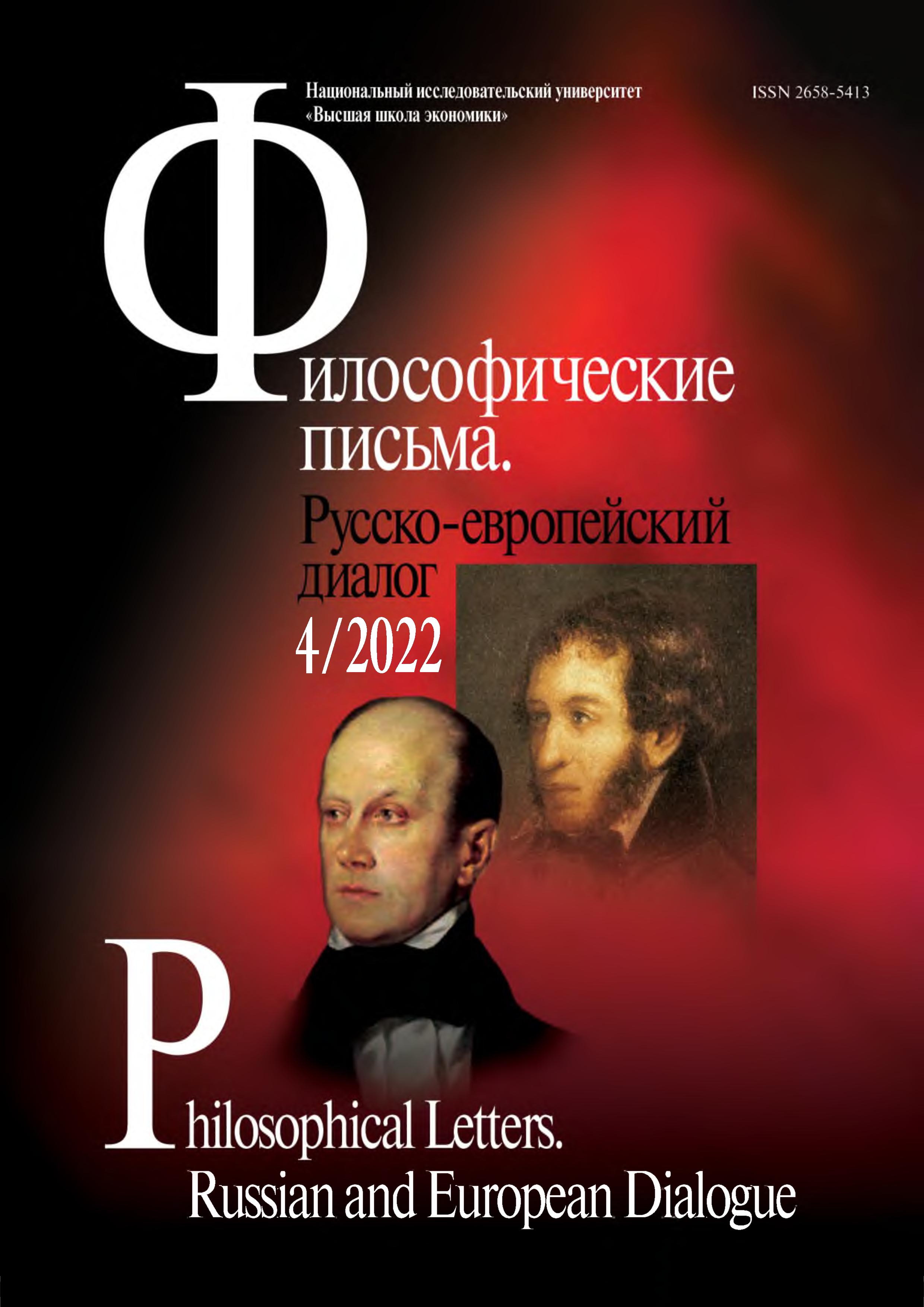Trinitarian Core of Christianity in the Light of the Philosophy of Consciousness
Abstract
G. S. Kiselev's article draws attention to the fact that the profound idea of the inseparable unity of God, or the supernatural entity, and man, namely the trinitarian idea, in historical Christianity came to be obscured by the external attributes of this religion, primarily the so-called “liturgical religion”. In the foreground there was observance and the cult of an otherworldly distant Deity. Thus, the role of a free individual, the idea of his personal responsibility in the destinies of the world, was diminished. The author believes that it is the philosophy of consciousness that could facilitate the return of trinitarianism to its central place in Christianity. This paradoxical philosophy presupposes the idea of some supernatural reality that arises in the course of performing acts of consciousness and is formed by mental and moral structures. In the philosophical language such a reality is described as Being and is a kind of integrity, a vertical “cut” penetrating the historical life of mankind. Since man is an unconditioned being, his ability to join the sphere of Being really depends on his free will. The one who succeeds, who freely recognizes God as the only moral legislator, might be considered a real Man and, therefore, a genuine Christian in contrast to the “possible man”. Only man of this kind is able to limit the dominance of evil in the world.

